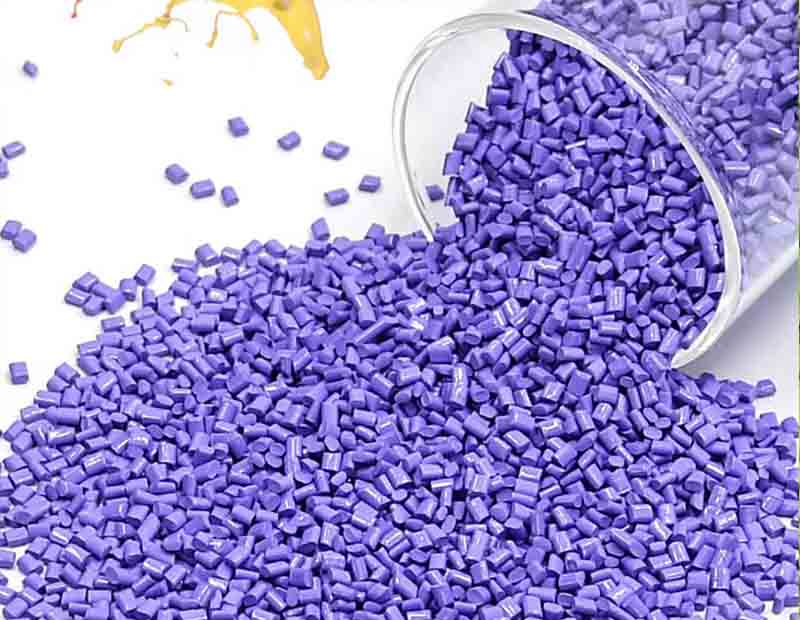PPSU (polyphenylene sulfide) is a high-performance engineering plastic with excellent high temperature resistance, chemical corrosion resistance and mechanical properties, making it widely used in various fields. This article will delve into the processing and molding technology of PPSU materials, revealing its key characteristics and applications in the manufacturing process.

1. Overview of processing technology
PPSU Materials can be molded through a variety of processing techniques, the most common of which include injection molding, extrusion and compression molding. These processes provide PPSU with the flexibility to adapt to a variety of complex product design and manufacturing needs.
2. Injection molding
Injection molding is one of the most commonly used methods in PPSU processing. The process involves heating PPSU particles to a molten state and then spraying them into a mold through high pressure, ultimately forming an article of the desired shape. Injection molding is suitable for mass production, and the products have high precision and good surface quality.
3. Extrusion molding
Extrusion is a process in which the PPSU material is pressed into the extruder through a heated screw and formed into the desired cross-sectional shape through the extrusion port. This forming method is suitable for producing long-shaped products such as piPES and plates. Extrusion molding is efficient and economical, and is suitable for mass production.
4. Compression molding
Compression molding is a method by placing PPSU particles in a hot mold and applying high pressure to form them into the desired shape. This method is suitable for the production of small batches and large products, especially parts with complex structures. Compression molding retains the superior mechanical properties and surface quality of PPSU.
5. Optimization of process parameters
In PPSU processing, the optimization of process parameters is crucial to the performance of the final product. This includes the reasonable setting of melt temperature, injection speed, mold temperature and other parameters to ensure the dimensional stability, surface finish and mechanical properties of the product.
6. Design considerations
The unique properties of PPSU, such as high temperature stability and chemical resistance, should be taken into consideration during the product design stage. Proper design can reduce processing problems and improve product manufacturability and performance.
in conclusion
The processing and forming technology of PPSU materials provides a variety of options for the manufacturing industry, making it an ideal material to solve the needs of special environments such as high temperature and corrosion resistance. Through reasonable process parameters and design considerations, the performance of PPSU can be fully utilized to meet the needs for high-performance engineering plastics in various fields. In the future, with the continuous innovation of process technology, PPSU materials will be expected to play a role in a wider range of fields.






